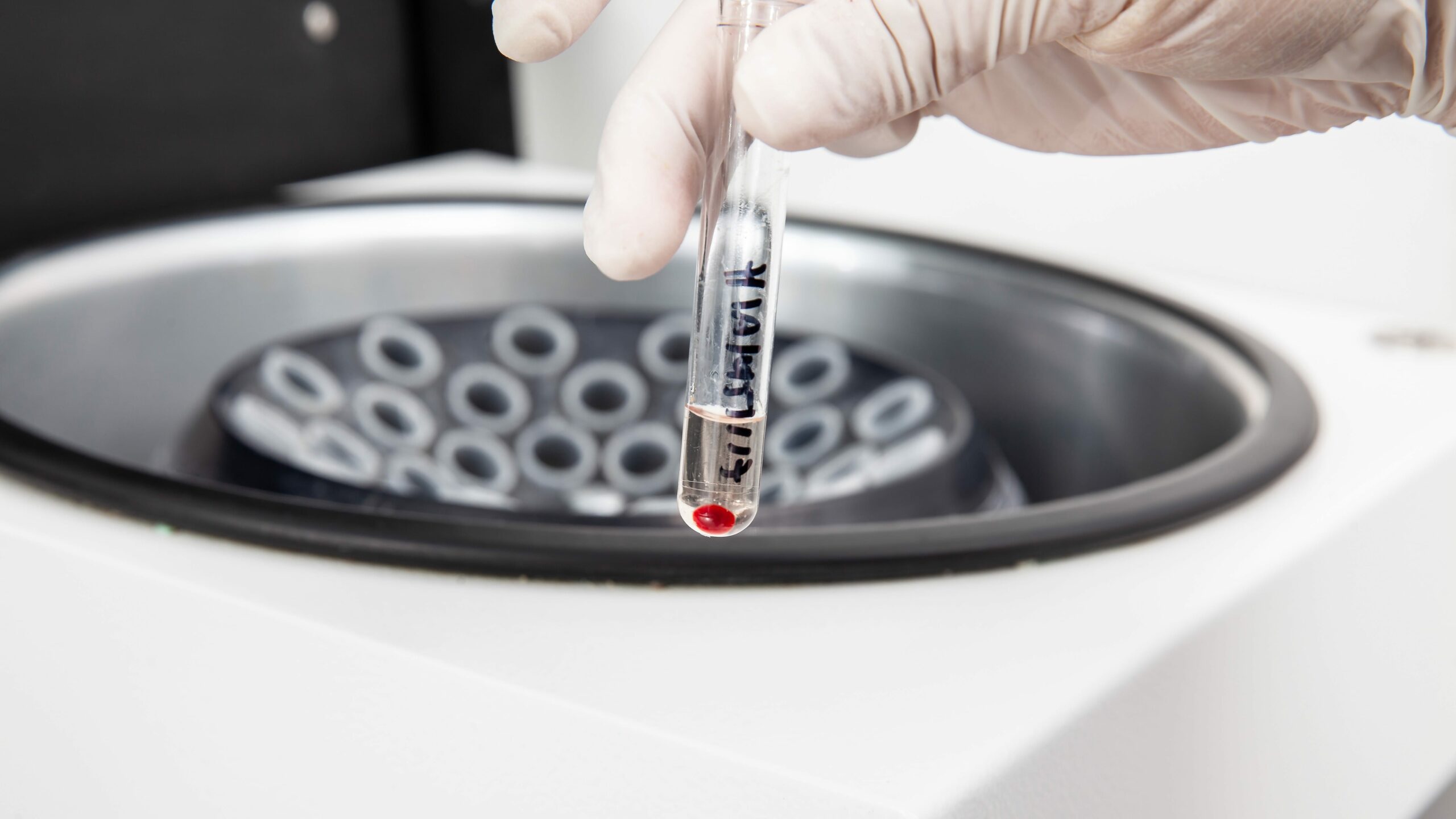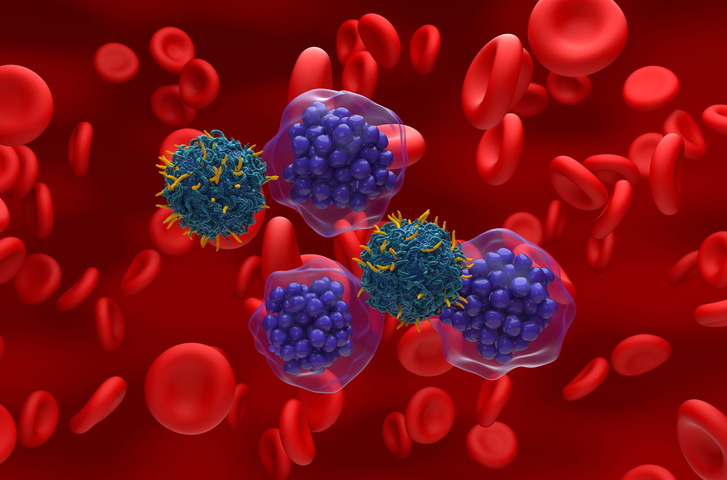
According to researchers led by Martina Cusan, PhD, RNA splicing factor SF3B1 is frequently mutated in cancers, including several hematological malignancies. Previously, Dr. Cusan and colleagues showed that concurrent mutation of SF3B1 and deletion of ATM in murine model B cells predicted the onset of chronic lymphocytic leukemia (CLL) with chromosome amplification in leukemia cells.
However, investigators felt the mechanisms of SF3B1 mutation and ATM deletion that contributed to chromosomal instability were unclear. They investigated isogenic human cell lines to determine if SF3B1 mutation with or without ATM deletion drove CLL progression via altering DNA and RNA hybrid formations (R-loops) at centromeres (cen-R-loops).
Based on their findings, Dr. Cusan and colleagues concluded SF3B1 mutations drove defective RNA processing and caused chromosomal instability due to R-loop-mediated mitotic stress. They ultimately suggested that “mitotic stress derived from cen-R-loop augmentation is a molecular mechanism underlying leukemogenesis.” Their data were published in The Journal of Clinical Investigation.
SF3B1 Mutations Play Key Role in CLL Progression
Specifically, the researchers found SF3B1 mutation-associated cen-R-loop accumulation led to increased chromosome oscillation, impaired chromosome segregation, and altered spindle architecture and aneuploidy in CLL—which they noted was ameliorated by removing cen-R-loops and exaggerated by ATM deletions.
Furthermore, splicing key genes related to R-loop processing showed the augmentation of cen-R-loops presented as overexpression of the normal isoform, but not the altered form, and potentially mitigated the mitotic stress in cells with SF3B1 mutation.
In closing, Dr. Cusan and researchers suggested novel splice variants may be the link between aberrant RNA splicing and chromosomal instability, and that cen-R-loop augmentation could be a key mechanism driving progression of CLL.
“Further studies for regulators of global and cen-R-loops will likely provide novel insights for therapeutic targeting of leukemic cells bearing SF3B1 mutation,” they suggested.
Reference
Cusan M, Shen H, Zhang B, et al. SF3B1 mutation and ATM deletion co-drive leukemogenesis via centromeric R-loop dysregulation. J Clin Invest. 2023;e163325. doi:10.1172/JCI163325






 © 2025 Mashup Media, LLC, a Formedics Property. All Rights Reserved.
© 2025 Mashup Media, LLC, a Formedics Property. All Rights Reserved.